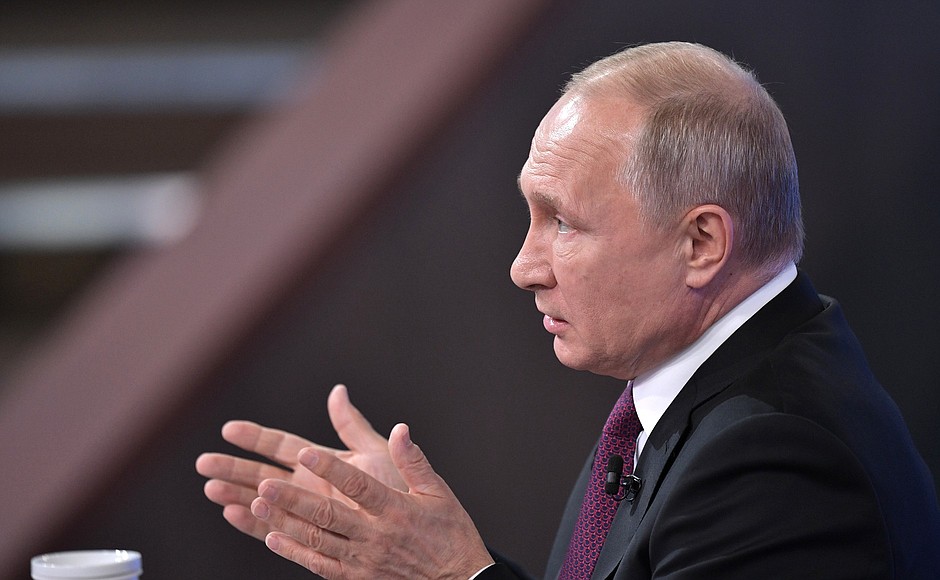Minister Ronald Lamola and UK Foreign Secretary David Lammy during a meeting at Table Bay Hotel on November 05, 2024 in Cape Town, South Africa. The meeting focused on strengthening relations between South Africa and the UK. (Photo by Brenton Geach/Gallo Images via Getty Images)
South Africa continues to hope to be instrumental in bringing Russian and Ukrainian leaders to the negotiating table, with International Relations and Cooperation Minister Ronald Lamola saying this week it could serve as a bridge between Moscow and Kyiv.
Lamola pressed the point after talks on Tuesday with British Foreign Secretary David Lammy, who chose to visit South Africa and Nigerian on his first official trip to the continent.
Their meeting came a week after Lamola hosted his Ukrainian counterpart, Andrii Sybiha, shortly after returning from the Brics summit in Kazan, Russia, where President Cyril Ramaphosa sought to raise the point with Russia’s President Vladimir Putin.
Lamola said he gave Lammy feedback on South Africa’s efforts. Although Sybiha welcomed the prospect of direct talks to end the 30-month war in his country, Lamola conceded that he did not know what Moscow’s response to the proposition would be.
“We intend to further communicate with them and communicate that message and act as a bridge that must facilitate that peace process for the two countries,” Lamola told a media briefing in Cape Town.
“Our non-alignment position gives us the opportunity to do so and it is also in that position that we need to participate in the Brics platform that we continue to see as a developmental platform for us.”
It is reliably understood that Ramaphosa hoped to press Putin for a commitment to meet Ukraine’s President Volodymyr Zelenskiy but did not get this far in private conversation in Kazan. At the summit, Putin remained silent every time a fellow leader publicly called for peace with Ukraine, or de-escalation of the conflict, as China’s Xi Jinping did.
Russia has made rapid territorial advances in recent months, and there are fears that North Korean troops sent to Russia will be deployed to Ukraine.
Lammy said he had discussed this development with Lamola in their hour-long meeting in Cape Town.
“In the course of our discussions, I did raise my concerns that the DPRK [Democratic People’s Republic of Korea] have sent troops to Russia to fight in Ukraine and that is a matter of huge concern to us, not just in the UK but in Europe.”
He added that the issue was raised with him while he was in South Korea a few weeks ago.
On Wednesday, Lammy and the foreign ministers of the other members of the G7 issued a statement saying: “The DPRK’s [North Korea] direct support for Russia’s war of aggression against Ukraine, besides showing Russia’s desperate efforts to compensate its losses, would mark a dangerous expansion of the conflict.”
Besides the G7 members — the United States, Japan, Italy, Britain, Germany, France and Canada — the communique was also signed by South Korea, Australia and New Zealand.
Lammy was asked whether he was concerned that the newly expanded Brics bloc was positioning itself as a counter to the West, a perception that was reinforced by Putin’s efforts to use the recent summit to show that his power and influence was not diminished by Western sanctions and an International Criminal Court (ICC) arrest warrant for war crimes.
“On the question of Brics, it is for other countries to determine the groupings of the clubs that they want to belong to,” he said.
“I have been keen to engage with Minister Lamola as a friend, as a trusted partner, able to have dialogue on issues of mutual concern.”
Lamola added: “We have said it repeatedly — we don’t view it as a platform that is anti-West. We view it as a developmental platform that will continue to aggregate the interests of the Global South.”
Lammy said he had discussed the Middle East with Lamola but he treaded cautiously when asked about South Africa’s pending genocide case against the Jewish state before the International Court of Justice (ICJ).
South African last week filed a memorandum to the ICJ setting out its full case against Israel, which Ramaphosa said included compelling proof that it was in breach of the Genocide Convention. Diplomats have privately welcomed signs that Britain’s stance on Israel — as well as Africa — is shifting under the new Labour government.
Lammy has overturned the previous Conservative government’s decision to suspend funding for the United Nations’s relief agency in Palestine.
And in July, Downing Street said it would not challenge the jurisdiction of the ICC to issue an arrest warrant for Israeli Prime Minister Benjamin Netanyahu, contrary to plans by former prime minister Rishi Sunak to do so.
“Since coming to power the Labour government has been keen to stress the importance of international humanitarian law and that has guided our actions,” Lammy said.
“It is with regret that we have suspended arms sales that can be used in Gaza, on the basis of our very robust export licensing regime, and my judgment that there could be a breach of international humanitarian law.”
He added: “We of course have noted South Africa’s submissions, and this did come up in our bi-lateral discussions.”
Lamola and Lammy confirmed that they spoke about reform of the UN Security Council, of which the UK currently holds the rotating chair. It is understood that these did not extend to whether Britain supports Africa’s demand for at least two permanent seats on the council with full veto rights.
The current proposal, which emerged in September, would see the continent get two seats without veto powers. It is all the US will support but the matter is now the subject of text-based negotiations in New York.
“These are matters that take careful legal consideration and the UK government of course is giving that due consideration.
“The UK has had a long-standing position that Africa must be represented on the UN Security Council and I am keen to better understand if the recent position if supported by other members of the security council, particularly Russia and China, that have been a block on the UN Security Council’s expansion in the past, which is not the UK position.”
Lamola ventured that South Africa and Britain were “at one” with Britain on the issue.
He called for further expansion of trade relations, saying there was much room for improvement, and that he had raised access to finance for developing nations with Lamola.
South Africa is Britain’s largest trade partner on the continent, but bilateral trade contracted slightly over the past year to total £10.6 billion (R240 billion).
The government intends to use its upcoming presidency of the G20 to step up its campaign for the reform of multilateral institutions to afford more influence to the Global South.
This will include lobbying powerful member states, including Britain, France and Germany, for support for more permanent seats for African nations on the security council, in line with the 2005 Ezulwini Consensus adopted by the African Union.
The UK’s labour government has made strengthening ties with the Global South one of the priorities of its foreign policy — at a time when Russia and China are also looking to increase their foothold on the continent. Lammy on Tuesday stressed the importance of the Commonwealth in the context of closer cooperation with African partners.
Britain’s foreign office at the weekend said Lammy was looking to build “respectful partnerships that listen rather than tell” with African countries.
“I want to hear what our African partners need and foster relationships so that the UK and our friends and partners in Africa can grow together,” it quoted the minister as saying.
“Growth is the core mission of this government and will underpin our relationships in Nigeria, South Africa and beyond. This will mean more jobs, more prosperity and more opportunities for Brits and Africans alike.”
Lammy this week signed a strategic partnership accord with Nigeria.





















Discussion about this post